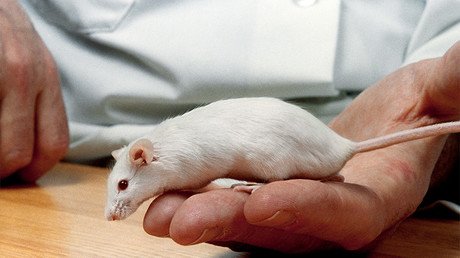Symptoms of autoimmune diseases worse depending on time of day – study

A new study has revealed that the symptoms of autoimmune diseases get worse depending on the time of day and how your body clock is working.
Hundreds of millions of people around the world suffer from a range of autoimmune diseases including arthritis, lupus and celiac disease.
The conditions are caused by an unusual immune response to a normal body part and they can affect nearly every part of the body. The most common symptoms include fatigue and fever.
Interestingly the symptoms can come and go throughout the day and now a new study has shed light on why that happens.
A team of researchers from Trinity College Dublin (TCD) and the Royal College of Surgeons Ireland (RCSI) has found that the body’s immune responses are connected to the circadian rhythm of our ‘body clock’.
“Circadian rhythms or 24-hour rhythms are generated by the body clock, allowing us to anticipate and respond to the 24-hour cycle of our planet,” the researchers explained in a statement.
Keeping your body clock in good working order is generally believed to keep you in good health, while disrupting it has been linked with immune diseases.
“Our exciting findings suggest that our immune system is programmed to respond better to infection and insults encountered at different times in the 24-hour clock,” Professor Kingston Mills of TCD said.
“This has significant implications for the treatment of immune-mediated diseases and suggests there may be important differences in time of day response to drugs used to treat autoimmune diseases such as multiple sclerosis.”
Superhero DNA? Study finds individuals immune to ‘severe diseases’ https://t.co/xq334dnr1Wpic.twitter.com/6nfXevL2vr
— RT (@RT_com) April 13, 2016
The study, which was carried out on mice, demonstrated that a master circadian gene called BMAL1 is responsible for tamping down symptoms of the disorders and the gene takes cues from our body clocks to know when to work.
If the circadian rhythm is out of kilter, which happens if sleep is disturbed, and BMAL1 is lost or activated at the wrong time then more severe symptoms are triggered.
Dr Annie Curtis of the RCSI said: “Our study also shows how disruption of our body clocks, which is quite common now given our 24/7 lifestyle and erratic eating and sleeping patterns, may have an impact on autoimmune conditions.”
“We are really beginning to uncover exactly how important our body clocks are for health and wellbeing.”















